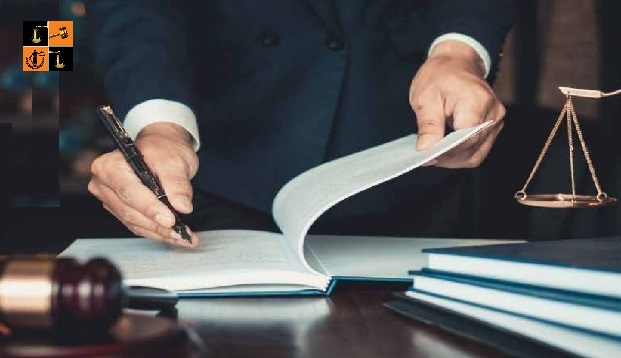The Bombay High Court has ruled that a judgement pronounced in open court remains valid even if it is signed by the judge after being transferred to a different position. Justice Sharmila Deshmukh, presiding over the case of Suvarna Taras challenging a partition suit decision, relied on multiple Supreme Court precedents that emphasize the significance of the pronouncement itself.
In the case before the court, Suvarna Taras contested an order from February 2023 issued by a Civil Court. The order pertained to setting aside the status quo in her favour. The defendants, including a prominent developer associated with the BJP, challenged the order by raising concerns about the judge signing it after being transferred. However, Justice Deshmukh noted the pivotal point that the act of delivering a judgment in open court was already complete, and the subsequent signing served as a formality to secure its contents.
Citing various Supreme Court decisions, Justice Deshmukh highlighted that once a judgement is pronounced in open court, the subsequent signing and sealing are designed to ensure clarity about its content, and any defects in these processes can be rectified. The judge referred to the apex court's judgment in Vinod Kumar Singh's case, which emphasized that the operability of a judgment does not hinge on its signing by the court.
Justice Deshmukh emphasized that the crucial factor in this context was the act of pronouncing the judgement, and once that judicial act was performed, the subsequent signing and sealing could be addressed through the rules designed for such purposes. The court dismissed the petitioner's contention that the judgement was signed after the transfer, noting the record and the date below the signature.
In the underlying case, Suvarna Taras originally filed a suit in 2019, seeking partition and possession of her share in four Pune properties. She also sought to declare five sale deeds executed by her family members in favour of the developer as non-binding. The trial court granted her interim relief, directing the defendants to maintain the status quo. However, the appellate court partially allowed the defendants' appeal, leading to Suvarna's challenge in the High Court.
Source: Link
Picture Source :


























